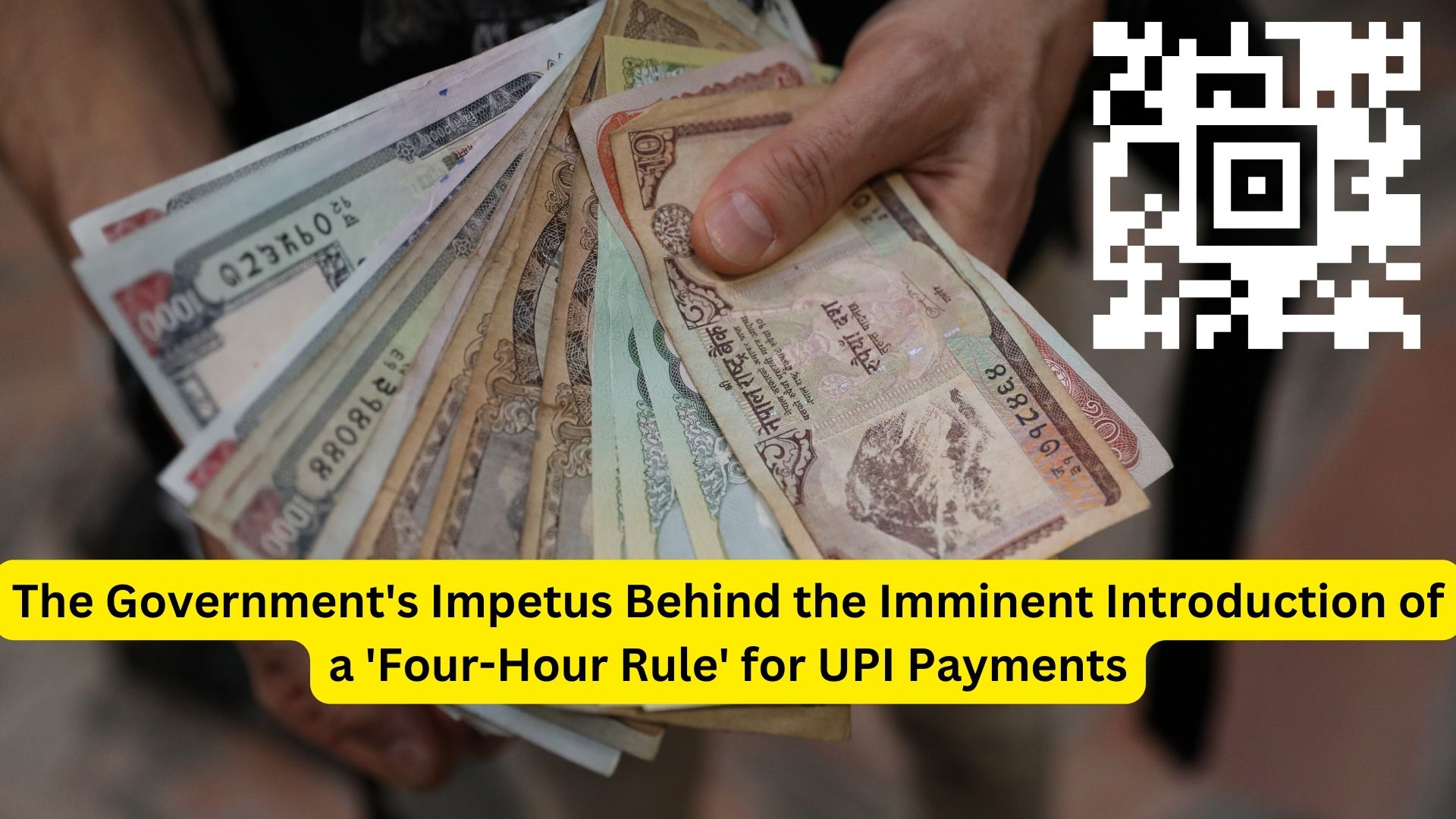
To address the growing issue of fraud associated with the UPI digital payment system, the Indian government is set to introduce a new regulation. This proposed rule aims to establish a minimum timeframe for the initial transaction exceeding a specified amount between two individuals.
As outlined by government sources in a report by the Indian Express, the plan is likely to incorporate a four-hour window for the first transaction between two users for digital payments, particularly those surpassing Rs 2,000. Within this timeframe, UPI users will be granted four hours to reverse or modify payments made to someone for the first time.
The introduction of this rule is motivated by cybersecurity concerns, and while it may introduce some friction to digital payments, officials argue that it is a necessary measure. If finalized, the regulation is expected to encompass a broad spectrum of digital payments, including those facilitated through the Immediate Payment Service (IMPS), Real-Time Gross Settlement (RTGS), and the Unified Payments Interface (UPI).
It’s crucial to note that the objective is not merely to delay or restrict the first transaction upon account creation, a process already present in various digital payment methods. Instead, the intention is to regulate every inaugural transaction between two users, irrespective of their individual transaction histories.
For context, when a user establishes a new UPI account presently, they can send a maximum of Rs 5,000 within the first 24 hours. Similarly, in the case of the National Electronic Funds Transfer (NEFT), after activating a beneficiary, Rs 50,000 (either in full or in part) can be transferred within the initial 24 hours.
Under the proposed plan, a four-hour time limit will be applicable each time a user initiates their first payment exceeding Rs 2,000 to another user with whom they have not previously transacted.
A senior government official, speaking on condition of anonymity, explained, “We are looking to add a time limit of four hours for first-time digital transactions over Rs 2,000. The discussion will be taken up during a meeting with government and industry stakeholders, including the Reserve Bank of India, various public and private sector banks, and tech companies like Google and Razorpay.”
The official clarified that users would have a four-hour window after making a payment for the first time to reverse or modify it, drawing a parallel with NEFT transactions that typically conclude within a few hours. Initially, there was a consideration of not imposing any amount limit thresholds, but after discussions with the industry, it was recognized that this could impact smaller transactions like grocery purchases. As a result, allowances are being planned for transactions under Rs 2,000.
The move comes in response to a surge in fraud cases in the digital payment category, with banks reporting the highest number of frauds during the financial year 2022-23, according to the RBI Annual Report 2022-23. In FY2023, the banking system recorded a total of 13,530 fraud cases, involving a cumulative amount of Rs 30,252 crore.
Exploring the Pros and Cons of Linking Your Credit Card with UPI

One thought on “The Government’s Impetus Behind the Imminent Introduction of a ‘Four-Hour Rule’ for UPI Payments”